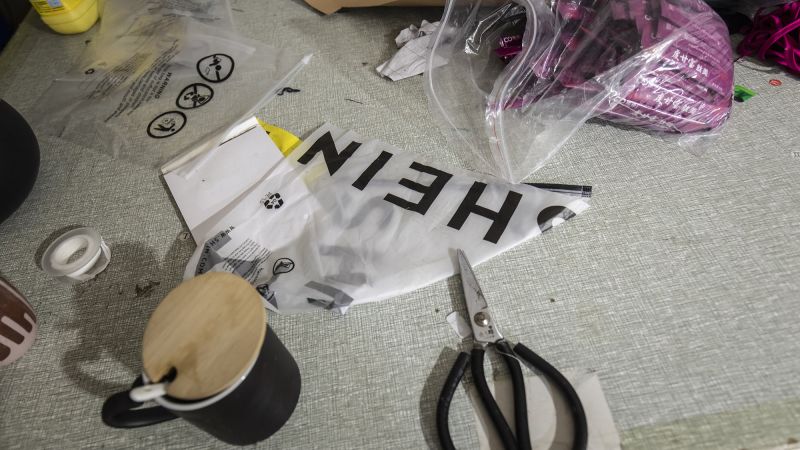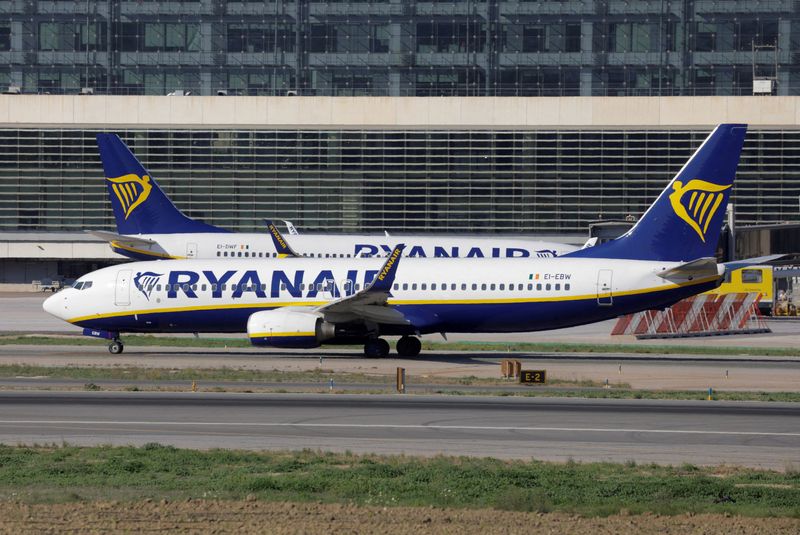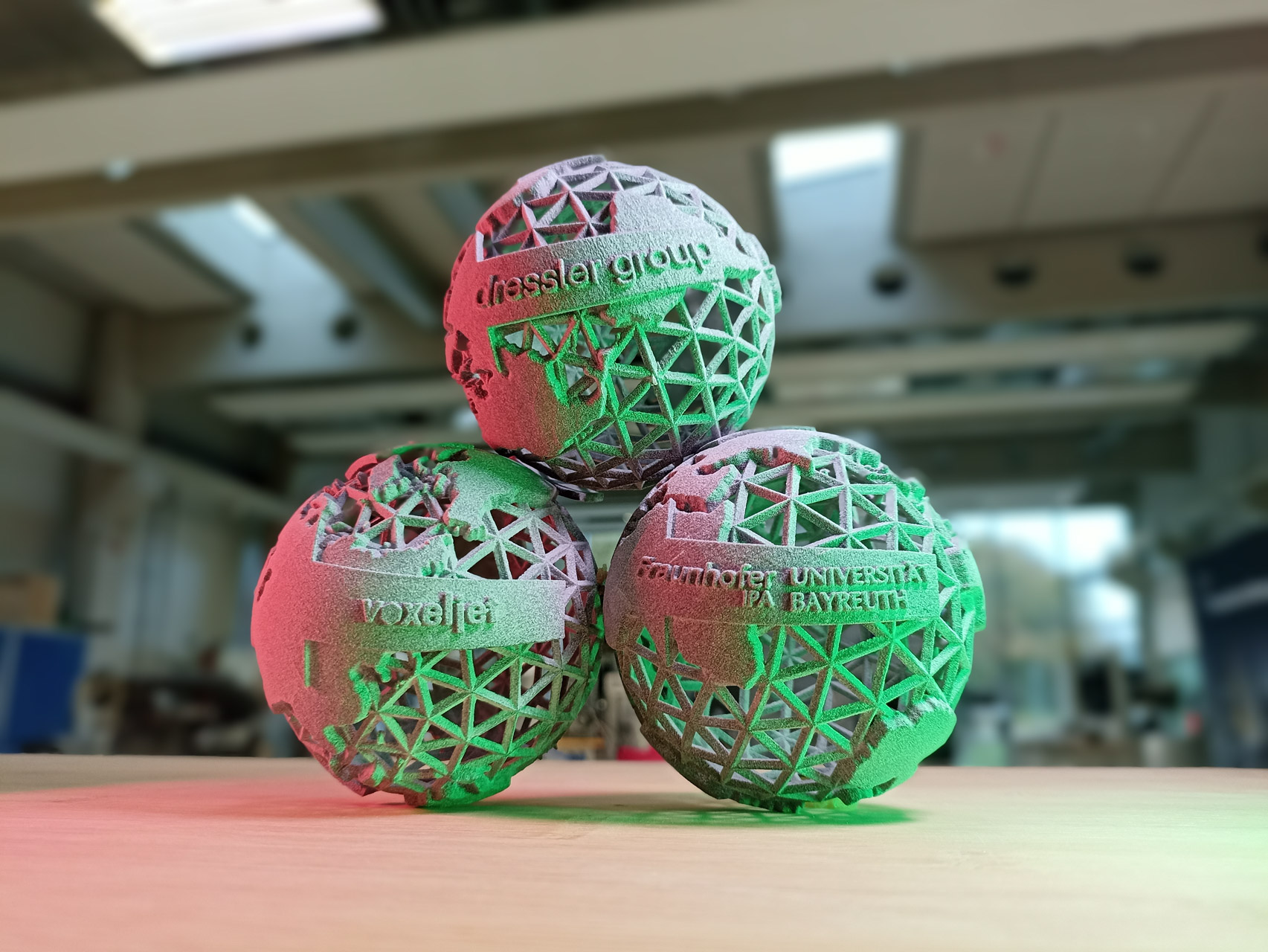Shein: Two Cases of Child Labour Found in Supplier Audits Ahead of IPO

Fast fashion giant Shein has revealed that two cases of child labour were uncovered during audits of its suppliers last year. The revelation, disclosed in the company's 2023 sustainability report, comes as Shein prepares for a potential initial public offering (IPO) in London.
Shein reported suspending orders from the two suppliers found to have employed children under 16. Sourcing from these suppliers will only resume after they have implemented robust processes, including verifying the identity of their workforce.
The company detailed the steps taken to rectify the situation, including ending the contracts of underage employees, arranging medical check-ups, and facilitating their return to their parents or guardians where necessary.
To bolster its commitment to ethical sourcing, Shein tightened its supplier policy last October. Now, any supplier found to be in serious breach of its ethical guidelines, classified as "Immediate Termination Violations," will face an immediate severance of their relationship with the company. Previously, such suppliers were given 30 days to rectify the issue.
Annabella Ng, Shein's senior director of global government relations in Singapore, stated that the updated supply chain policy reflects feedback from regulators and suppliers.
The company had previously avoided disclosing the number of child labour cases identified, instead reporting only the percentage of audits that detected the violation. This figure stood at 1.8% in 2021, 0.3% in 2022, and 0.1% in 2023.
"We remain vigilant in guarding against such violations going forward, and in line with current policies, will terminate any noncompliant suppliers," Shein affirmed in its report.
The company, known for its ultra-low prices on clothing and accessories, conducted 3,990 audits in 2023, a significant increase from 2,812 in 2022 and 664 in 2021. Shein has engaged independent auditing firms, including Bureau Veritas, Intertek, Openview, SGS, Tuv Rheinland, and QIMA, for 92% of its audits, and aims to reach 100% third-party audit coverage.
The report highlights a decline in serious violations compared to the previous year. This information will be closely scrutinised by potential investors, as they weigh the merits of investing in Shein before its anticipated IPO.
In a statement accompanying the report, Shein CEO Sky Xu emphasised the company's commitment to improving its supply chain governance and managing its carbon footprint. Shein's rapid growth has been fuelled by direct-to-consumer airfreight, resulting in a significant increase in carbon emissions.
In 2023, the company's emissions from transporting products more than doubled to 6.35 million tonnes of carbon dioxide equivalent. However, Shein is taking steps to mitigate this impact, including sourcing some products from suppliers closer to its customer base in Turkey and Brazil, which has led to a 49,578 tonne reduction in CO2 equivalent last year through a shift to sea and land freight.
Shein has submitted its emissions reduction goals to the Science-Based Targets Initiative for validation, aiming to further reduce its environmental impact.
The company has also established a board-level sustainability committee, comprising its CEO, executive chairman, and three investor representatives.
While the timing of the committee's creation coincides with the planned IPO, Ng clarified that Shein is committed to enhancing its governance structures as part of its broader ESG journey, focusing on transparency and accountability.





